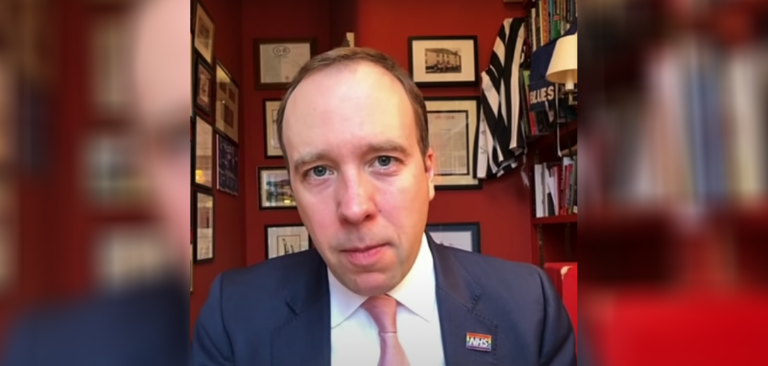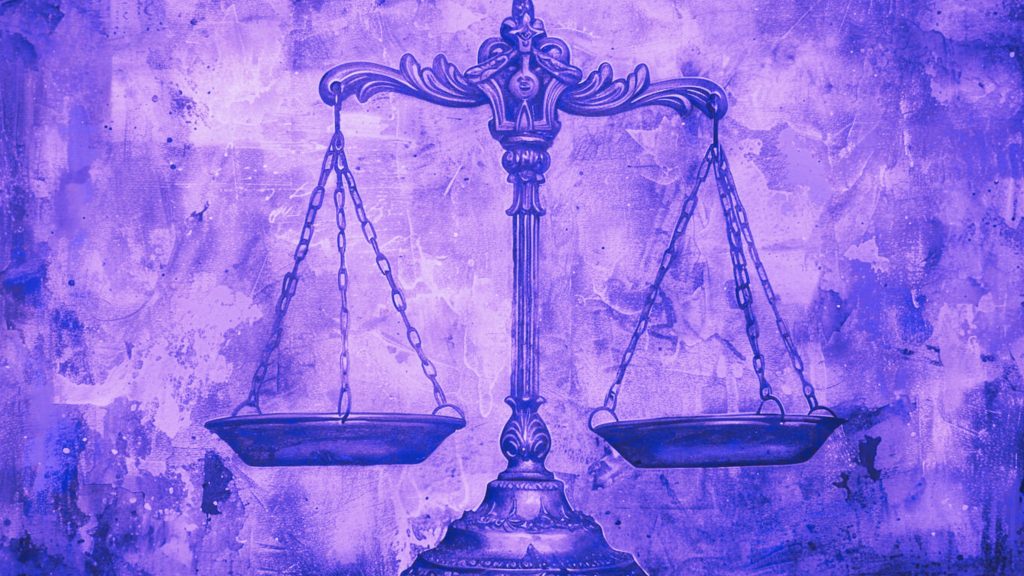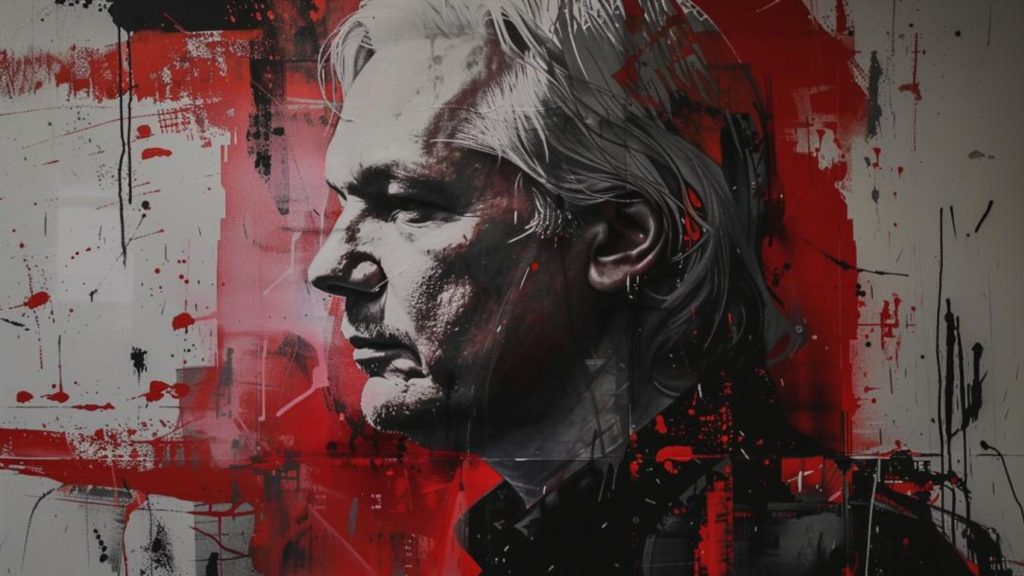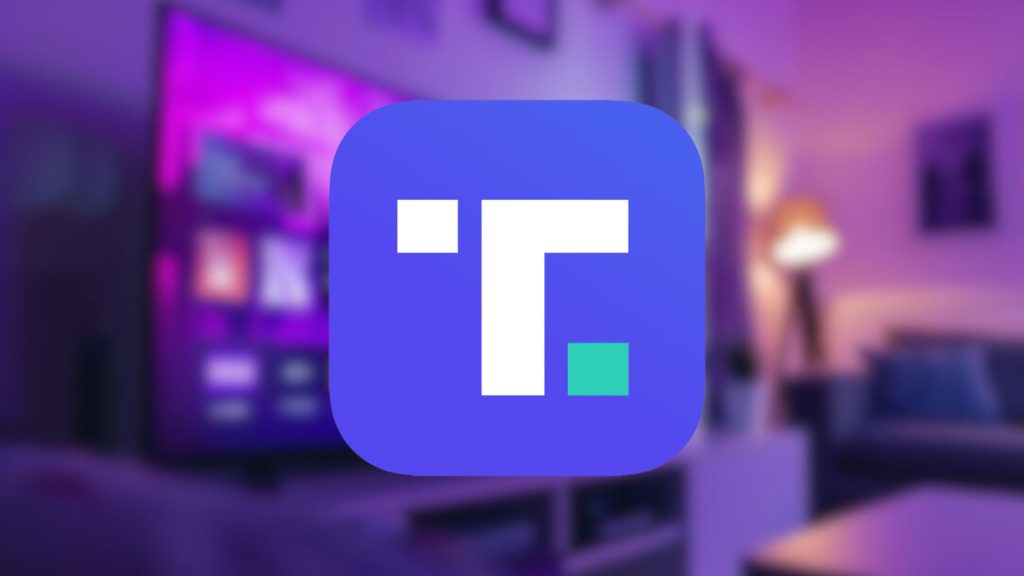In the US, much is often talked about with regards to the idea of “platforms” and “publishers,” and how Section 230 of the Communications Decency Act doesn’t actually distinguish between the two. But in the UK, at least, the distinction is clear and publishers are regulated Ofcom.
Twitter’s controversial decision to ban the President of the United States is leading government ministers to wonder whether Twitter needs to be defined as a publisher and be regulated.
Twitter suspended Trump permanently, a move that justifies stricter regulations for social media platforms, according to Matt Hancock, a former culture secretary in the UK, and current government health minister. He says the suspension was an editorial decision, meaning social media companies may no longer merely communication platforms.
On Friday, Twitter announced it had permanently suspended Trump’s account because of what they say is “the risk of further incitement of violence.” The social media company tried to justify the move by citing two recent tweets by the president.
In one tweet, Trump used “American patriots,” which Twitter says hinted he supported the people behind the Capitol building storming seen during the January 6 riots at the US Capitol. The other tweet was the one he said he would not attend Biden’s inauguration. Twitter claimed Trump’s supporters would see the tweet as confirmation there was election fraud.
Speaking in an interview on Sky News, Hancock said the suspension meant “social media platforms are taking editorial decisions, and that is a very big question because then it raised questions about their editorial judgments and the way they’re regulated.”
Because, at least in the UK, they’re often seen as communication platforms, not publishers or broadcasters that would need to be regulated by Ofcom, social media companies are not usually targeted as being directly responsible for the content users post.
Hancock’s sentiments are not new. In 2019, the culture committee in the UK’s House of Commons (the equivalent of the US House of Representatives) published a report that stated:
“Social media companies cannot hide behind the claim of being merely a ‘platform’ and maintain that they have no responsibility themselves in regulating the content of their sites.”
Therefore, the committee suggested creating a new category for social media companies. However, it did not explicitly recommend they be classified as publishers. Hancock, at least, believes that could change.
The question is asked 20:37 into this video.
If you're tired of censorship and dystopian threats against civil liberties, subscribe to Reclaim The Net.









